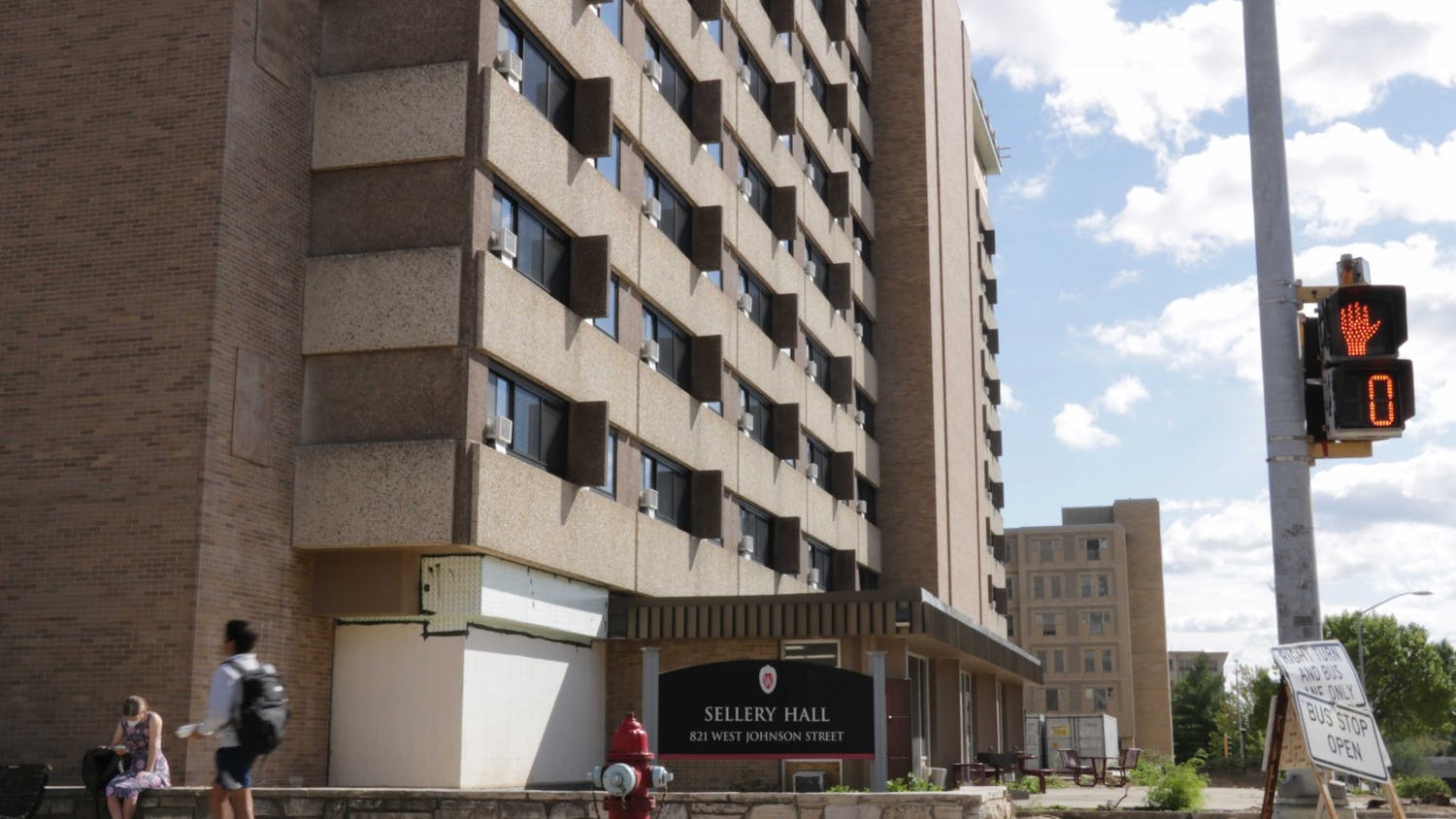The state Assembly passed Gov. Scott Walker’s college affordability package early Wednesday in a marathon session, despite the concerns of some lawmakers that the bills do not go far enough.
The six bills would allow for full deductions of student loan interest on state income taxes, help students find internships to enhance skill development; and require colleges to provide more financial information to students.
Walker introduced the bills in his State of the State address last month and pledged to work with legislators to ensure their passage.
State Rep. David Murphy, R-Greenville, praised the bills as ways to combat the skyrocketing costs of college.
“This bill helps thousands of Wisconsin citizens with student loans … and will save them hundreds of dollars a year,” Murphy said.
But Democrats have criticized the package, saying it doesn’t go far enough to address the problem of student debt in Wisconsin.
Instead, Democratic leadership is touting their “Higher Ed, Lower Debt” proposal, authored by state Rep. Cory Mason, D-Racine, and state Sen. Dave Hansen, D-Green Bay, to create a state authority to refinance student loans.
“[“Higher Ed, Lower Debt”] is the least we can do for people in our state,” said state Rep. Chris Taylor, D-Madison. “It makes such sense it is being doing over the country. We should be doing something big, something bold. Not these peanuts … that don’t do what our students need you to do.”
The Senate Committee on Universities and Technical Colleges will take up the bills in a public hearing Wednesday. The bill’s fate in that body is uncertain, however, as Senate Majority Leader Scott Fitzgerald, R-Juneau, and Joint Finance Committee Co-Chair Alberta Darling, R-River Hills, have said the package costs too much.
It is possible the Senate approves an amendment version of the bills and sends them back to the Assembly for approval.
The Assembly also passed a bill allowing for online voter registration, but some say a controversial amendment actually makes it harder to register to vote.
The proposal also eliminates special registration deputies, who register others to vote. This has drawn the ire of groups such as the Associated Students of Madison, who argue the bill will be used to disenfranchise student voters.
Bill author, state Rep. Kathleen Bernier, R-Chippewa Falls, argued the bill actually makes it easier to vote and saves the state money.
“I am shocked that my colleagues on the other side of the aisle are opposed to going paperless,” Bernier said. “It is saving trees and is a progressive use of science and technology over the old way of doing business.”
The Senate approved the bill last week and it will now head to Gov. Scott Walker for his signature.
The Assembly also cleared a bill that would ban state funding to local governments that prohibit law enforcement from inquiring about a person’s citizenship status.
The bill, introduced by state Rep. John Spiros, R-Marshfield, and state Sen. Steve Nass, R-Whitewater, is an attempt to crack down on so-called sanctuary cities, such as Madison, Milwaukee and Racine.
Critics of the bill argue that it would make immigrants shy away from going to law enforcement to report crimes.
“This is an anti-immigrant bill,” said state Rep. JoCasta Zamarripa, D-Milwaukee. “It is striking fear in immigrant families across this great state … Bills just like this have been shown to inhibit immigrant families from contacting law enforcement.”
Supporters say that the purpose of the bill has been warped and that it is necessary to increase public safety.
“The reality is 67 of the 69 counties would have zero impact,” said state Rep. Ed Brooks, R-Reedsburg. “This is not a bad bill. If we focus on what the bill actually does, it's actually a fairly narrow bill.”
The proposal now heads to the state Senate.






